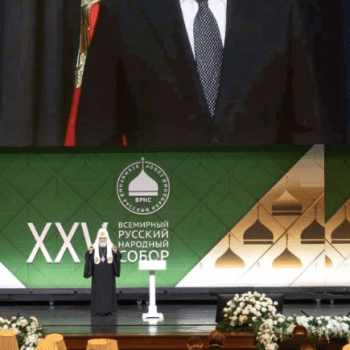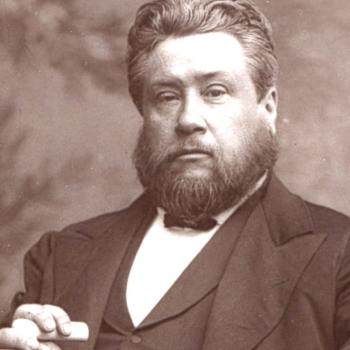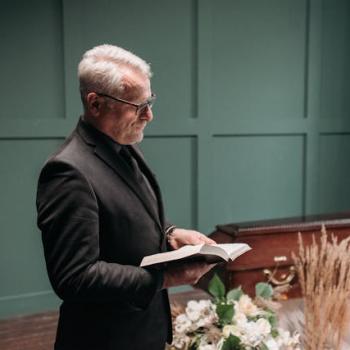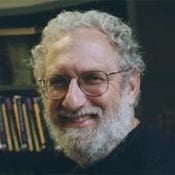What difference does it make if torture works? Is that all we need to know about it? Is it possible that we shouldn't torture people even if it does work? By analogy: We could probably eliminate a good deal of the Taliban—at least for a while—if we carpet-bombed regions they control. Once we were clear that it "works," why not do it? So what if we kill some innocent people. After all, the point is to accomplish what we set out to do. Therefore, if torturing a few people, or many people, gets us the information 'we' want, that's all we need to know, right?
Disliking my admittedly extreme example, a person might object: "What if a suspect knows where a bomb is placed that might kill one hundred people, wouldn't it be okay to torture him?" To which I reply: Since we are dealing in 'what if', try this one: what if there is a terrorist bomb set to kill, let's be bold, five thousand people. And suppose you know that the person who controlled the bomb is in a particular room. The only problem is that there are ten other people in the room and you don't know which is the terrorist. Well, do the math: why not torture them all until you find the right one? And suppose it's not ten people in the room, but one hundred. You've still got a 50 to 1 ratio, so torture away, right? Even better: what if torturing an innocent person—say, the terrorist's six-year-old daughter—would compel the terrorist to talk. Do the math again, surely we'd be justified in torturing the girl. And what if, as Dostoevsky asked, we could end all human misery and bring about a perfect utopia by torturing one innocent child—would we have the right not to do it?
* * * *
Isn't it a little late to worry about gun control? Well, perhaps not. Even if one mass killing is stopped by making it a tad harder to get an AK-15, I'm all for it. Yet since we spend untold billions on "defense," and various kinds of media glorify violence, and the typical male socialization process privileges physical prowess and the willingness to stand up for yourself, and God only knows how many guns are in circulation already, and our response to threats from Afghanistan was to kill (in a "mass shooting" if ever there was one) tens of thousands in Iraq . . . Given all this and a good deal more that could be mentioned, what do we expect?
If two people are fighting, and in their struggle they end up falling off a cliff, and then they shriek, "But what do we do now?!?!"—isn't it a little late? Could it be that until we give up the army and the football and the toy soldiers and Grand Theft Auto and Texas Chain Saw Massacre, we will produce men (for some reason advances in women's rights haven't resulted in equality when it comes to mass shootings) who kill when they can't stand their lives anymore; or they'll do it for money or power or God or politics.
* * * *
I live in Massachusetts, where today, January 31, it's 57 degrees and we've had near hurricane force winds. There is zero snow on the ground between Boston and Worcester (forty miles away) and already in January we've had several days of temperature way above the "old normal" for this time of year. Why is it that some people revel in the warm weather—good day for jogging, you barely need a jacket, hats and gloves can stay in the closet—while others, like me, run an emotional gamut between lurking fear, mild depression, and suppressed panic? Despite years of writing, teaching, and moderate activism I know that whatever I do, global warming is on the way; in fact it's already here. I know that the paltry efforts of well-intentioned people worldwide don't stack up against the power of the oil and gas and coal companies, the desire for a "better lifestyle" in China and India and Latin America and Massachusetts, governments' voracious appetite for military and the military's voracious appetite for energy. So why not just enjoy a warm day in the middle of winter? What do fear and grief gain me or anyone else?
Probably nothing, but then again, when someone I love is dying or has died, I am first fearful and then sad. Even though my fear and sadness can't change a thing.
* * * *
Isn't it remarkable, even wonderful, that despite everything we are here at all? That there is something rather than nothing? That parents love their children? That at least some people are trying to make the world more peaceful, sane, sustainable, and caring? That birds fly, dogs chase sticks, and lovers hold hands? Isn't life a miracle?
12/2/2022 9:02:28 PM





